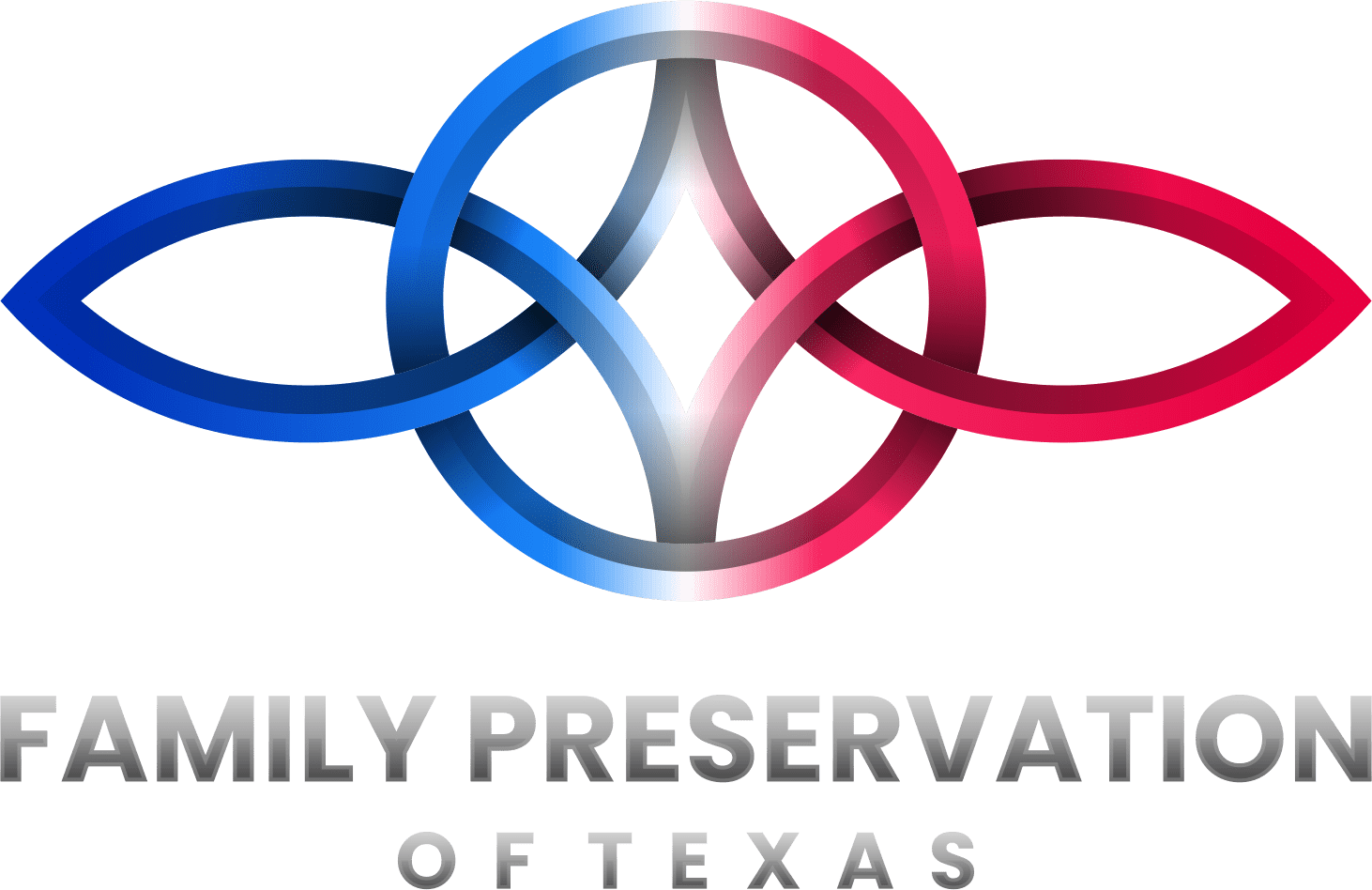Explore the powerful impact of spirituality and faith on family healing and recovery.
The Role of Spirituality in Family Healing
Spirituality plays a crucial role in family healing. It provides a sense of meaning and purpose, giving families a foundation to navigate through difficult times. By connecting with something greater than themselves, families can find comfort and strength.
Spirituality can offer solace and hope when facing challenges such as addiction, mental health issues, or relationship conflicts. It can provide a source of guidance and support, helping families to cope and heal.
Incorporating spirituality into family healing can also promote forgiveness and reconciliation. It encourages individuals to let go of resentments and focus on personal growth and forgiveness, allowing for the restoration of broken relationships.
Moreover, spirituality can foster a sense of unity and connection within the family. It encourages open and honest communication, empathy, and understanding. By sharing spiritual beliefs and values, families can create a sense of belonging and togetherness.
Overall, spirituality serves as a guiding force in family healing, providing a framework for growth, forgiveness, and unity.
Utilizing Faith-Based Practices for Family Reconciliation
Faith-based practices can be powerful tools for family reconciliation. They provide a structured approach to healing and offer families a common ground to rebuild their relationships.
Prayer, for example, can serve as a means of seeking guidance and finding inner peace. It allows family members to express their emotions, hopes, and desires, fostering a deeper connection with themselves and each other.
In addition to prayer, meditation can also play a significant role in family healing. It promotes mindfulness and self-reflection, enabling individuals to gain clarity and insight into their own behaviors and emotions. Through meditation, families can cultivate a sense of inner calm and develop a greater understanding of one another.
Faith-based practices such as attending religious services together, participating in rituals, or engaging in acts of service can further strengthen family bonds. These practices create shared experiences and promote a sense of belonging and connection within the family.
By utilizing faith-based practices, families can embark on a journey of reconciliation, forgiveness, and healing, guided by their shared beliefs and values.
Incorporating Prayer and Meditation into Family Healing
Prayer and meditation can be powerful tools for family healing. They provide a means of seeking guidance, finding inner peace, and fostering a deeper connection within the family.
Prayer allows family members to express their emotions, hopes, and desires to a higher power. It serves as a source of comfort and strength during challenging times, offering solace and hope.
Meditation, on the other hand, promotes mindfulness and self-reflection. It allows individuals to quiet their minds, gain clarity, and develop a greater understanding of their own behaviors and emotions. By incorporating meditation into family healing, families can cultivate a sense of inner calm and create space for open and honest communication.
Prayer and meditation can be practiced individually or as a family. By coming together to pray or meditate, families can create a sacred space for healing and connection. It provides an opportunity for family members to support and uplift one another, fostering a sense of unity and love.
Incorporating prayer and meditation into family healing can bring about a sense of peace, clarity, and spiritual growth, strengthening the bonds within the family.
Building Stronger Family Bonds through Shared Beliefs and Values
Shared beliefs and values play a vital role in building stronger family bonds. They provide a common ground for family members to connect, support, and understand one another.
By identifying and discussing shared beliefs and values, families can create a sense of unity and purpose. They can explore their spiritual traditions, discuss their moral principles, and reflect on what is truly important to them as a family.
Shared beliefs and values also serve as a guide for decision-making and resolving conflicts within the family. They provide a framework for understanding each other’s perspectives and finding common ground.
Moreover, building stronger family bonds through shared beliefs and values promotes open and honest communication. It creates an environment where family members feel safe to express their thoughts, emotions, and concerns without judgment.
By embracing and nurturing shared beliefs and values, families can strengthen their connections, foster a sense of belonging, and navigate through challenges together with love and understanding.
Seeking Guidance from Religious Leaders and Community Support
Seeking guidance from religious leaders and community support can be instrumental in family healing. They provide an external perspective, wisdom, and support during difficult times.
Religious leaders, such as pastors, priests, or spiritual advisors, can offer spiritual guidance and counseling tailored to the specific needs of the family. They can provide insights, tools, and teachings that align with the family’s beliefs and values.
Community support, on the other hand, offers a sense of belonging and connection outside of the immediate family. It provides a network of individuals who share similar experiences and can offer empathy, understanding, and encouragement.
By seeking guidance from religious leaders and community support, families can gain a fresh perspective, receive emotional support, and access resources that facilitate their healing journey. These external sources of guidance and support can complement the internal efforts of the family, helping them navigate through challenges and find strength in their faith and community.
In conclusion, seeking guidance from religious leaders and community support can provide families with the external resources and perspectives necessary for their healing and recovery.




